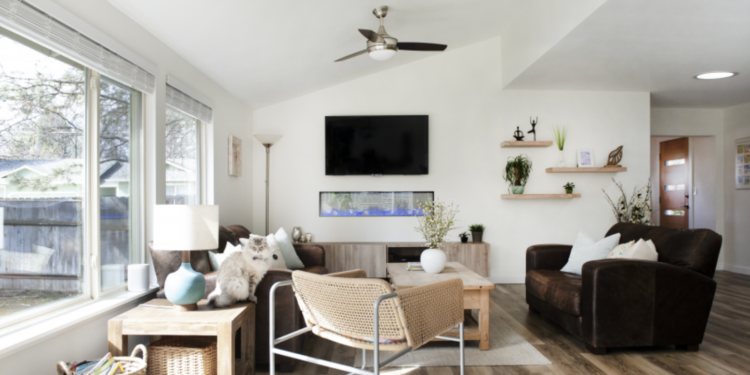Older homes can make for an excellent investment. Not only do they tend to come with a great deal of unique charm when compared to more modern, cookie-cutter homes, but they also tend to be built to last.
While the materials and methods used in building homes today are intended to allow developers to get as many houses built in as short a time as possible, most older homes are still habitable because they were made using true craftsmanship.
That being said, such properties do tend to need a bit of a facelift when first purchased. You will need to be prepared to upgrade things like electricity and plumbing, and you will have to give some consideration to the restoration of other aesthetic features of the home that have fallen into disrepair.
The key to successfully restoring an older home lies in maintaining the charm of the property while bringing some of its functionality into the modern era. Here are three tips that can help you achieve this goal to successfully renovate your older home.
1. Focus on the Unique Features
When you are looking to renovate an older home, you want to do what you can to hold onto the property’s charm. However, this can be difficult when the years have not been kind to some of the finer details. Nevertheless, these are the details that you will need to find a way to bring back to life.
This task will require some creativity. For instance, if some intricate designs in concrete on the outside of the house have been damaged over time, you can use a product like concrete moulding to help you recreate it. By preserving and bringing such features back to life, you can help your older home maintain its original charm.
2. Do Your Research on Period Specific Features
If your older property comes with some period specific features, it is important for you to take the time to learn about such features before attempting to restore or replace them. You don’t want to accidentally cause irreparable damage to such things by mistreating them or going about the restoration process incorrectly.
Start by considering the year that the house was built and the style that it was built in. This should give you some indication about the specific materials that were used to create some of the more charming features that you will love about your home.
3. Watch Your Budget
As with any home renovation project, you need to be conscious of how much you are able and willing to spend restoring an older home. Bear in mind that once you get into the walls and ceilings, you might find more than you had bargained for regarding necessary repairs.
Lay out a realistic budget for yourself that includes a contingency fund for any surprises that might arise throughout the project, as for the most part, very few restoration projects come in under budget and can usually spiral out of control.







